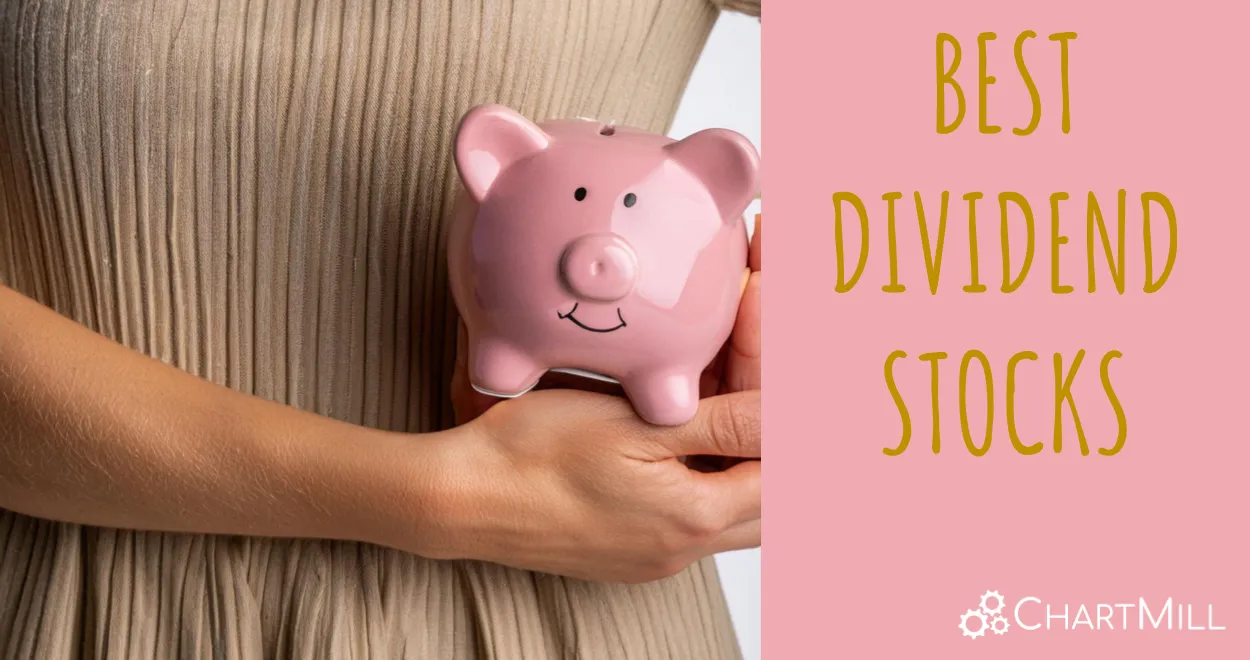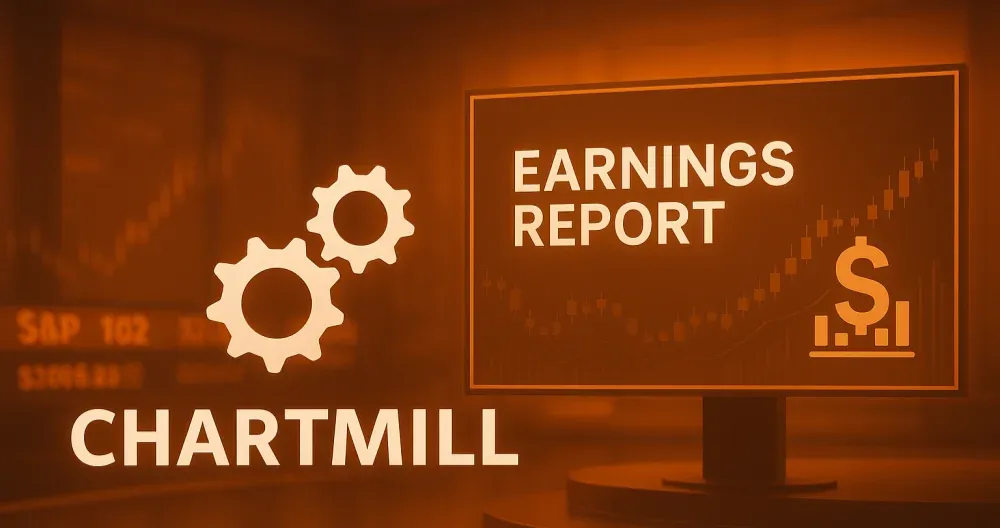BRISTOL-MYERS SQUIBB CO (NYSE:BMY) has recently been identified as a significant option for dividend-focused investors, found through a systematic screening process made to find stocks with strong dividend traits. This method focuses on companies with a high ChartMill Dividend Rating (≥7), confirming they provide good yields and also show sustainable payout practices. Other filters demand a minimum profitability rating (≥5) and financial health rating (≥5), protecting against companies with poor earnings or balance sheet weaknesses. The aim is to find stocks that can dependably add to a passive income stream while reducing the risks linked to high-yield, high-volatility investments.

Dividend Strength and Sustainability
Bristol-Myers Squibb is notable mainly for its persuasive dividend profile, which fits well with the main goals of income-focused strategies. The company now provides a yearly dividend yield of 5.22%, higher than the industry average of 5.04% and significantly above the S&P 500’s yield of about 2.38%. This higher yield is supported by a good history of dividend growth, with an average yearly rise of 11.67% over recent years. Also important, BMY has continued dividend payments for at least ten years, showing dependability and a dedication to returning capital to shareholders.
However, investors should be aware of one area of concern: the payout ratio is at 98.12%, showing that almost all of the company’s net income is currently used for dividend payments. While this brings up questions about long-term sustainability, it is partly balanced by the expectation that BMY’s earnings will grow more quickly than its dividend, indicating the ratio could get better over time. For dividend investors, these elements together offer a combination of high current income and a past pattern of increases, though the high payout requires continued watching.
Profitability and Operational Performance
A main reason Bristol-Myers Squibb meets this screening strategy is its good profitability, which supports its capacity to maintain and possibly raise dividends. The company receives a ChartMill Profitability Rating of 7, showing good performance in several key areas:
- Return on Invested Capital (ROIC) of 16.93%, doing better than 94.39% of industry peers.
- An operating margin of 30.27%, placing in the top 5% of the pharmaceuticals sector.
- A profit margin of 10.58%, which is strong within the industry.
These measures show that BMY is not only producing enough earnings but is also effective in its use of capital. High profitability is necessary for dividend sustainability, as it makes sure the company has enough income to cover payouts while financing future growth and operational needs. In BMY’s situation, this profitability offers a cushion that helps the dividend even with the high payout ratio.
Financial Health Considerations
While the screening criteria needed a minimum health rating of 5, Bristol-Myers Squibb meets this level but shows a varied view in some parts of financial stability. The company’s solvency is fairly strong, with a debt-to-free-cash-flow ratio of 3.37, indicating it would take just over three years to pay off all debts using current cash flow—a positive number compared to 89.29% of industry rivals. Also, BMY has been lowering its share count over recent years, which can be a good sign of capital management.
Conversely, liquidity measures are less strong. The current ratio of 1.21 and quick ratio of 1.11, while acceptable, are behind a large part of the industry. Furthermore, the debt-to-equity ratio of 2.56 is high, showing a large dependence on debt financing. For dividend investors, these elements emphasize the need to confirm that the company’s financial structure does not threaten its ability to continue payouts, particularly during times of market or economic difficulty.
Valuation and Growth Context
From a valuation viewpoint, BMY seems priced attractively, which could give an extra margin of safety for dividend investors. The stock trades at a P/E ratio of 6.86, much lower than the industry average of 23.47 and the S&P 500’s 27.30. Its forward P/E of 7.60 is also reduced relative to wider market and sector comparisons. This low valuation might provide downside protection and improve total return possibility through possible price growth.
Growth expectations are somewhat varied. While earnings per share are predicted to grow by 36.14% yearly in the coming years, revenue is expected to fall by 5.00%. This contrast implies that future profitability may depend on cost control and operational effectiveness rather than top-line growth. For dividend investors, the focus stays on the company’s capacity to produce steady earnings to support the dividend, making the predicted EPS growth a very important element.
Conclusion
Bristol-Myers Squibb presents an interesting example in dividend investing, joining a high yield, a history of growth, and good profitability with an attractive valuation. While the high payout ratio and average liquidity measures require notice, the company’s overall financial and operational profile indicates it is in a good position to keep rewarding income-focused shareholders. For those wanting to look into comparable investment options, other screened results can be found using the Best Dividend Stocks screener.
For a complete examination of Bristol-Myers Squibb’s fundamentals, readers can see the full fundamental analysis report.
Disclaimer: This article is for informational purposes only and does not constitute investment advice. Investors should conduct their own research and consider their financial situation and risk tolerance before making any investment decisions.




